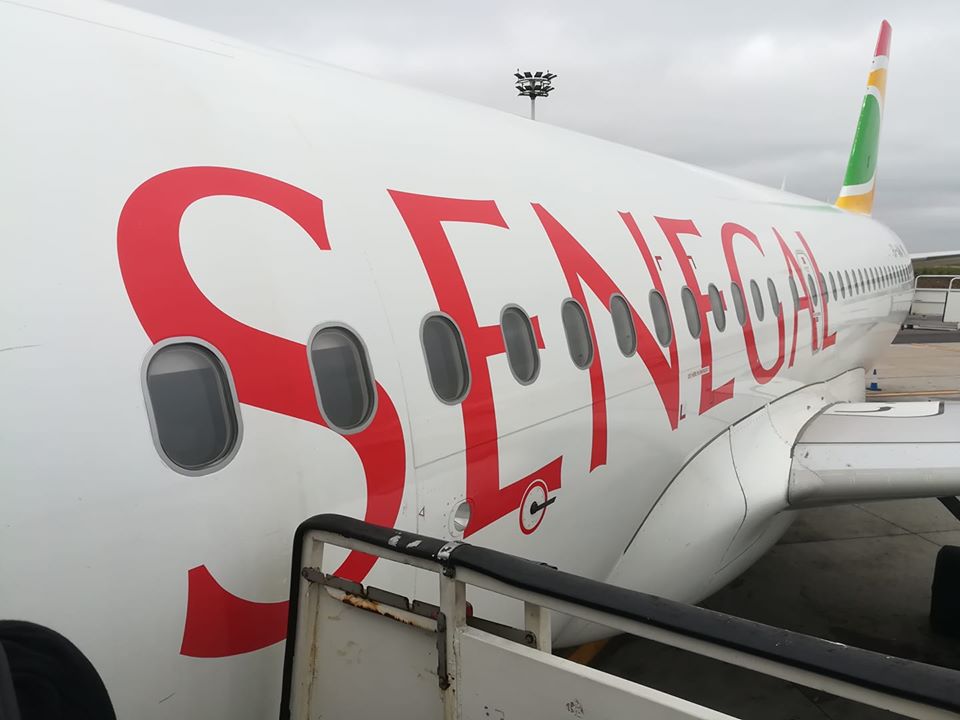The Spanish Ministry of the Interior has for the second time canceled a deportation flight to Senegal, meant to return migrants who arrived by boat to the Canary Islands over recent months. The flight was due to be on Wednesday night, the first such flight since 2018, confirm sources involved in their supervision.
The flight, which originated in Madrid, was scheduled to arrive at Tenerife North at 8:35 p.m., to embark a group of Senegalese citizens, who are currently being held at the Hoya Fría CIE (Foreigners Interment Centre), and continue the journey with them to Dakar.
Initially, this particular group of people were to be returned on February 24, but the centre where they are being held suffered an outbreak of COVID-19, with the last case confirmed just one week before the departure of the deportation flight to Senegal. However, sources have not specified the reasons why, once again, this deportation flight has been cancelled.
Spain has not returned migrants who arrived in the Canary Islands by boat to Senegal since 2018, when at least 150 citizens of that country were transferred to Dakar in four planes that departed from Gran Canaria (one, carrying 40 people) and Tenerife (three, with a total of 110), according to the Ombudsman’s report that year.
Last year the Canary Islands received 23,023 migrants in open boats, of which more than 11,998 were Moroccans and 4,539 Senegalese, according to data from the Ministry of the Interior cited by the latest Ombudsman in the report a week ago on the situation on the islands.
 Senegal, the westernmost country in Africa, has a population of about 15.4 million people. between a third and half the Senegalese population are living below the poverty line, on less than $2 a day. 75 percent of families suffer from chronic poverty. In rural areas, 66 percent of residents are considered poor, compared to 25 percent of residents in Dakar. 60% of the population are under 25. A large majority are engaged in subsistence farming with 70% of crops being rain fed, meaning that even slight droughts can have extraordinarily negative effects.
Senegal, the westernmost country in Africa, has a population of about 15.4 million people. between a third and half the Senegalese population are living below the poverty line, on less than $2 a day. 75 percent of families suffer from chronic poverty. In rural areas, 66 percent of residents are considered poor, compared to 25 percent of residents in Dakar. 60% of the population are under 25. A large majority are engaged in subsistence farming with 70% of crops being rain fed, meaning that even slight droughts can have extraordinarily negative effects.The lack of employment and business opportunities in agriculture is a driver of migration, which leads to urbanization and emigration. Those left behind, especially women, children and the elderly, are particularly exposed to food insecurity and other risks.
Gender disparities remain widespread in the country, especially in rural areas where traditional and religious practices like early and forced marriage cause girls to drop out of school, reduce their productivity and perpetuate the cycle of inequality.— World Food Programme
Demonstrations, riots, police brutality and political insecurity have increased in recent weeks, with several protesters having been shot by security forces in the last week alone.
If you would like to know more about what is driving recent senegalese migration, try taking a look at this article from Ricci Shryock over at The New Humanitarian













